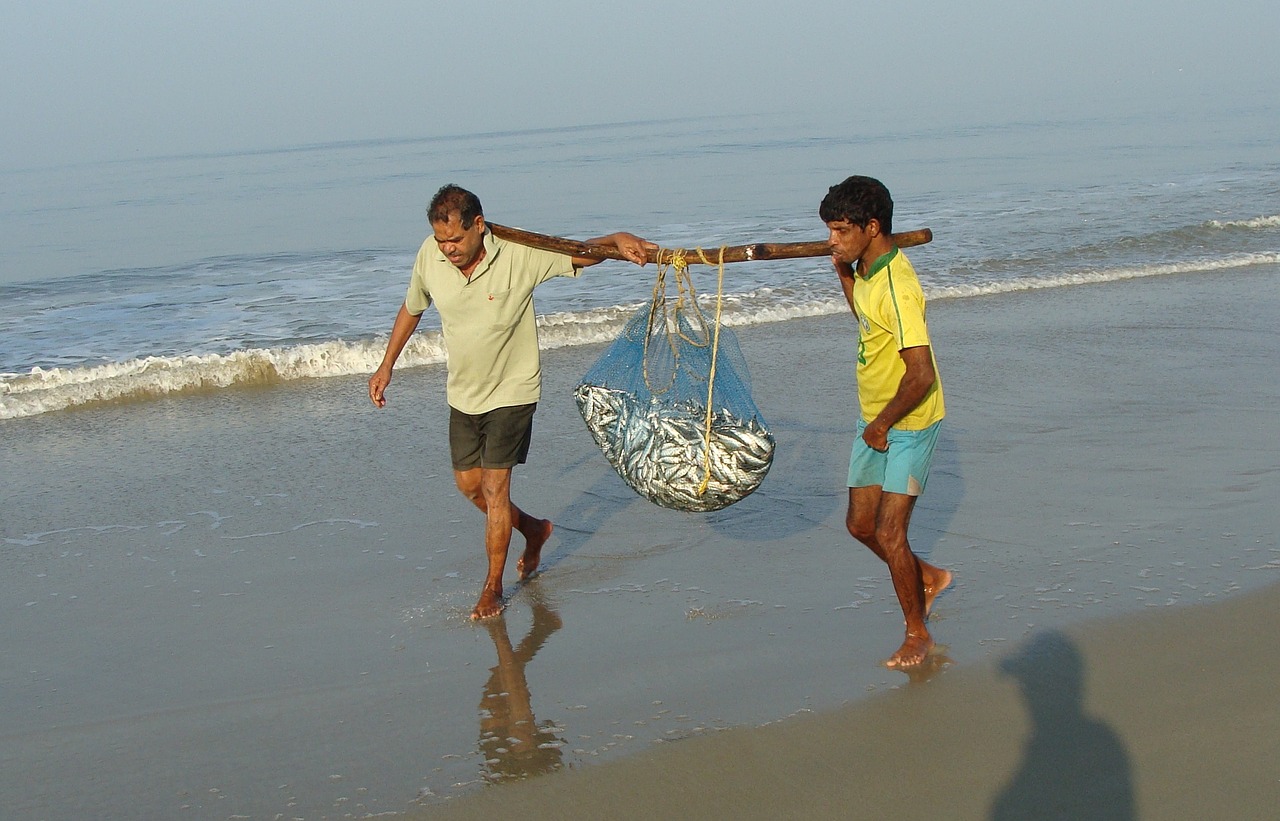Investigating the Impact of Scandals on Election Polling
world 7 login, mahadev book id login, silver777 login:Investigating the Impact of Scandals on Election Polling
In the world of politics, scandals are a common occurrence. Whether it’s a leaked email, a financial impropriety, or a personal scandal, politicians are often embroiled in controversies that can have a significant impact on their electoral prospects. But just how much do scandals affect election polling? In this article, we’ll take a closer look at the relationship between scandals and polling data to better understand their impact on political campaigns.
The Role of Scandals in Election Campaigns
Scandals have long been a part of political campaigning. From Watergate to the Lewinsky affair, scandals have the power to both captivate and repel voters. When a scandal breaks, it can dominate the news cycle, shape public perception, and ultimately influence the outcome of an election.
There are several ways in which scandals can impact election polling. First and foremost, scandals can erode a candidate’s credibility and trustworthiness. If a candidate is seen as dishonest or unethical, voters may be less likely to support them at the polls. In some cases, scandals can even lead to a candidate dropping out of the race altogether.
Scandals can also affect a candidate’s favorability ratings. When a scandal breaks, voters may reassess their opinions of a candidate, leading to a decline in their approval ratings. This, in turn, can impact their standing in the polls and their chances of winning the election.
In addition to their impact on individual candidates, scandals can also have broader implications for political parties and ideologies. A scandal involving a high-profile member of a party can damage the party’s reputation and hurt its chances in other races. Similarly, a scandal that is closely tied to a particular ideology or policy stance can weaken public support for that ideology.
Investigating the Impact of Scandals on Election Polling Data
To investigate the impact of scandals on election polling data, researchers use a variety of methods. One common approach is to conduct surveys before and after a scandal breaks to see how public opinion has shifted. By comparing polling data from these two time points, researchers can gauge the extent to which the scandal has affected voter attitudes.
Another method is to analyze the media coverage of a scandal and track how it influences public opinion over time. By looking at the volume and tone of news stories about a scandal, researchers can assess its impact on polling data and voter behavior.
In recent years, researchers have also begun using social media data to study the impact of scandals on election polling. By analyzing trends in online conversations and sentiment around a scandal, researchers can gain insights into how it is shaping public opinion and influencing voter behavior.
Overall, the impact of scandals on election polling data is complex and multifaceted. While scandals can have a significant impact on voter attitudes and behavior, their effects are not always straightforward or predictable. The relationship between scandals and polling data is influenced by a variety of factors, including the nature of the scandal, the media coverage it receives, and the broader political context in which it occurs.
Heading 1: The Timing of Scandals
Scandals can have different effects depending on when they occur during an election campaign. A scandal that breaks early in the campaign may give voters more time to process the information and shift their opinions. On the other hand, a scandal that breaks late in the campaign may not leave enough time for voters to fully digest the information and could have a more limited impact on polling data.
Heading 2: The Type of Scandal
Not all scandals are created equal. The type of scandal, its severity, and its relevance to voters can all influence its impact on election polling data. A scandal involving financial impropriety, for example, may have a more significant impact on polling data than a scandal involving personal behavior.
Heading 3: The Media Coverage of Scandals
Media coverage plays a crucial role in shaping public perception of scandals. The volume, tone, and framing of news stories about a scandal can influence how voters interpret the information and how it ultimately impacts polling data. A scandal that receives widespread and negative media coverage is likely to have a more significant impact on election polling than one that is downplayed or ignored by the press.
Heading 4: The Partisanship of Voters
Voter partisanship also plays a critical role in determining the impact of scandals on election polling data. Partisan voters may be more likely to discount or dismiss scandals involving candidates from their own party, while independent voters may be more swayed by negative information. The extent to which voters are willing to overlook or condemn a scandal can vary depending on their partisan loyalties.
Heading 5: The Responses of Candidates
How candidates respond to scandals can also influence their impact on election polling data. Candidates who address a scandal head-on, take responsibility, and apologize may be able to mitigate some of the damage to their polling numbers. On the other hand, candidates who deny or deflect responsibility for a scandal may further alienate voters and see a more significant drop in their polling data.
Heading 6: The Long-Term Effects of Scandals
Finally, it’s essential to consider the long-term effects of scandals on election polling data. While scandals may have an immediate impact on polling numbers, their lasting effects are less clear. Voters’ memories of scandals may fade over time, and other issues may come to the forefront of their minds. Understanding how scandals shape public opinion in the long term is crucial for predicting their impact on future elections.
FAQs
Q: Can candidates bounce back from a scandal?
A: Yes, candidates can bounce back from a scandal, especially if they handle it effectively and take steps to rebuild trust with voters. However, the extent to which they can recover their polling numbers will depend on the severity of the scandal, the response of the candidate, and other factors.
Q: Do scandals always hurt a candidate’s chances in the polls?
A: Not necessarily. While scandals can damage a candidate’s standing in the polls, their impact is not always negative. In some cases, scandals can rally voters around a candidate, boost their name recognition, or draw attention to important issues. The effect of scandals on election polling data can vary depending on a range of factors.
Q: How do scandals affect voter turnout?
A: Scandals can influence voter turnout by shaping public perception of candidates and parties. A scandal that demoralizes voters or undermines their faith in the political process may lead to lower turnout on election day. Conversely, a scandal that energizes voters or motivates them to make a change could result in higher turnout.
Q: Are scandals more likely to affect local or national elections?
A: Scandals can have an impact on elections at all levels of government, from local races to presidential contests. The extent to which a scandal influences polling data will depend on the nature of the scandal, the visibility of the race, and the attitudes of voters in that particular jurisdiction.
In conclusion, scandals play a significant role in shaping election polling data. The impact of scandals on voter attitudes, candidate favorability, and ultimately election outcomes is a complex and dynamic process. By understanding the relationship between scandals and polling data, we can gain insights into how political controversies shape the democratic process and influence voter behavior.





